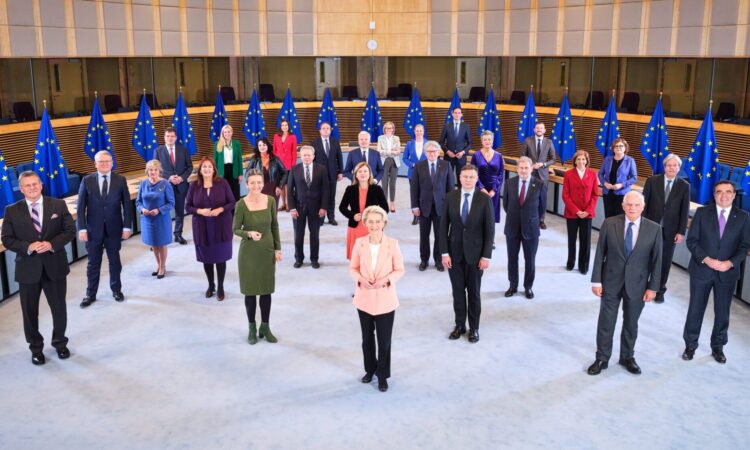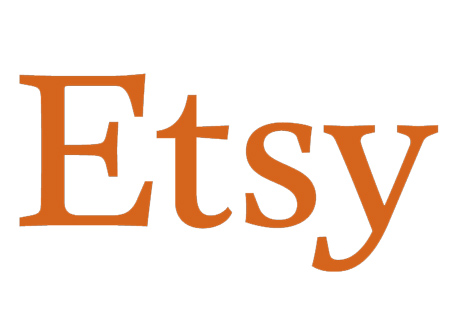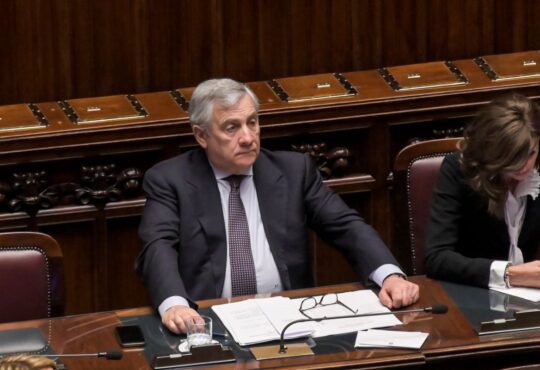
Cohesion funding for poorer EU member states could in the future be approved not based solely on need, but conditioned on performance, if the von der Leyen Commission gets its way. In a Wednesday meeting, the 27 commissioners produced a signed document that proposes altering how cohesion funds are allocated. The change purportedly comes in preparation for EU expansion—but with the side effect of increasing the Eurocrats’ power over the national domestic policies of its members.
“There is broad support for performance-based funding,” the document states, according to Politico.
The EU cohesion fund is an instrument for the bloc to redistribute money from wealthier member states to poorer ones—currently, particularly to fund transportation infrastructure and “environment.” The stated purpose of the redistribution is to “strengthen the economic, social and territorial cohesion of the EU.”
Member states with a gross national income per capita below 90% of the EU average can apply for support from the cohesion fund. The funding is approved by the EU for particular national or regional programs that are then managed by member states. Presently, 15 member states are receiving money under this program: Bulgaria, Croatia, Cyprus, Czechia, Estonia, Greece, Hungary, Latvia, Lithuania, Malta, Poland, Portugal, Romania, Slovakia, and Slovenia. Part of the cohesion fund is already tied to targets, but member states have been reluctant to tap into that particular part, an anonymous EU source told Politico.
In the current phase of delivery (2021-2027), 37% of the €392 billion cohesion fund is earmarked for “climate objectives.”
Member states who are net contributors to the fund—including the ‘frugal four,’ Austria, Denmark, the Netherlands, and Sweden—have complained for years that the current system is inefficient, giving the Commission a reason to overhaul the processes in the program.
In this week’s meeting, the EU Commissioners agreed on proposing changes to the cohesion fund program that would tie receipt of funds to “meeting targets”—similarly to how the COVID post-pandemic funding was (or, in the case of conservative member states, was not) distributed.
Using the power of the purse to blackmail member states—what MCC Brussels’ Rodrigo Ballester has referred to as “financial authoritarianism”—is one of many tools used by Eurocrats attempting to centralize power in Brussels while hogtying national governments that insist on retaining their right to sovereignty. In a ‘cash-for-reforms’ scheme, the EU could reward member states for being ‘good progressive boys’ while punishing governments that prioritize the convictions of their conservative citizenry.
Alleging ‘rule-of-law’ violations, the EU has already withheld funds, or threatened to do so, from Poland—under its conservative former government—and from Hungary, over what ought to be sovereign domestic policies, like regulated migration and LGBT propaganda aimed at children.
The conditionality for releasing funds has caused a quagmire of legal battles between the EU and member states—and even between EU institutions. Most recently, this week, the European Parliament decided to take the Commission to the European Court of Justice over the fact that Hungarian cohesion and pandemic funding was actually released to the country after the conservative government had fulfilled Commission demands.
The intention behind the change is to make it clear from the get-go to new bloc members—predicted to be net recipients of cohesion funds—what domestic policies are required if they want to benefit. According to the Commission’s document, using the funds to reward implementing the reforms desired by Brussels, may “accelerate financial implementation, and increase the result orientation of the policy.”
The Commission is planning a formal proposal that will have to be approved unanimously by all member states.






